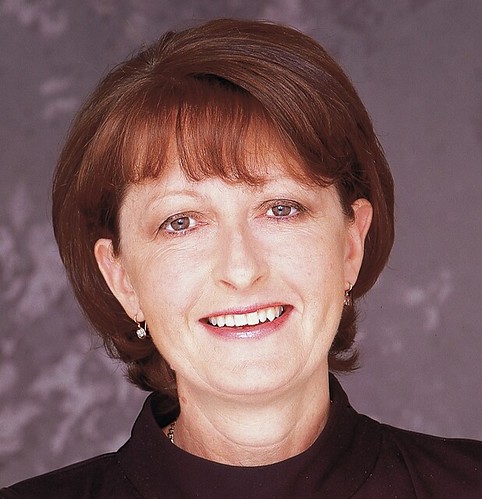Market sidelines care
Dr Kerri Parnell
Jan, 26, presented with URTI-like symptoms, and being a new patient got all the usual questions – medical, family, social history and so on.
Within minutes, her eyes filled with tears, and our subsequent chat revealed, apart from a minor illness which can sap the defences of the best of us, that her job was the problem.
A newbie pharmacist in a major teaching hospital, Jan felt condescended to by her pharmacy colleagues and the junior doctors “who felt pretty special” now they’d been accepted to an institution with kudos.
But her main gripe was the piecemeal treatment she believed patients received.
“I see these same young doctors on the wards cowering before nurses telling them to prescribe drugs which often aren’t indicated”, she told me. “They’re not game to say no”.
“And then although pharmacists are meant to see patients before they go home to explain their medications, they’re often discharged when we’re not around. We’re understaffed, the nurses are understaffed, and the doctors are too”, she said, by now quite distressed.
Jan’s working day bore little resemblance to that she’d anticipated, and her picture of a leading hospital was indeed bleak, marked by overworked staff in a disconnected system that allowed little continuity of care.
An opinion piece in today’s Lancet reminded me of her dilemma.
The ascendancy of market rhetoric has diminished the value of relationships between health-professionals and patients, says Dr Iona Heath, allowing access to the health-care system to be “prioritised over the need to sustain a relationship with a known and trusted professional”.
I’d like to think Jan was just having a bad day. That our hospitals encourage and reward sustaining human interaction as well as technical expertise.
And that the management culture pervading our hospitals won’t dissuade kind and intelligent professionals like Jan from its corridors.
Jan, 26, presented with URTI-like symptoms, and being a new patient got all the usual questions – medical, family, social history and so on.
Within minutes, her eyes filled with tears, and our subsequent chat revealed, apart from a minor illness which can sap the defences of the best of us, that her job was the problem.
A newbie pharmacist in a major teaching hospital, Jan felt condescended to by her pharmacy colleagues and the junior doctors “who felt pretty special” now they’d been accepted to an institution with kudos.
But her main gripe was the piecemeal treatment she believed patients received.
“I see these same young doctors on the wards cowering before nurses telling them to prescribe drugs which often aren’t indicated”, she told me. “They’re not game to say no”.
“And then although pharmacists are meant to see patients before they go home to explain their medications, they’re often discharged when we’re not around. We’re understaffed, the nurses are understaffed, and the doctors are too”, she said, by now quite distressed.
Jan’s working day bore little resemblance to that she’d anticipated, and her picture of a leading hospital was indeed bleak, marked by overworked staff in a disconnected system that allowed little continuity of care.
An opinion piece in today’s Lancet reminded me of her dilemma.
The ascendancy of market rhetoric has diminished the value of relationships between health-professionals and patients, says Dr Iona Heath, allowing access to the health-care system to be “prioritised over the need to sustain a relationship with a known and trusted professional”.
I’d like to think Jan was just having a bad day. That our hospitals encourage and reward sustaining human interaction as well as technical expertise.
And that the management culture pervading our hospitals won’t dissuade kind and intelligent professionals like Jan from its corridors.


0 Comments:
Post a Comment
<< Home